- Arakan residents call for air raid warning systems amid surge in junta airstrikes
- Arakan’s Breathing Space (or) Mizoram–Arakan Trade and Business
- Death toll rises to 18 after junta airstrike on Ponnagyun village market
- Regime arrests dozens of Muslims in Sittwe over alleged Arakan Army links
- Over 200 IDPs in Ponnagyun struggle without shelter, food aid
Malnutrition concerns for children in conflict-torn Arakan State
Many war-affected children are not consuming enough nutrients at a developing age and are showing signs of malnutrition, according to their parents.
31 Jul 2024
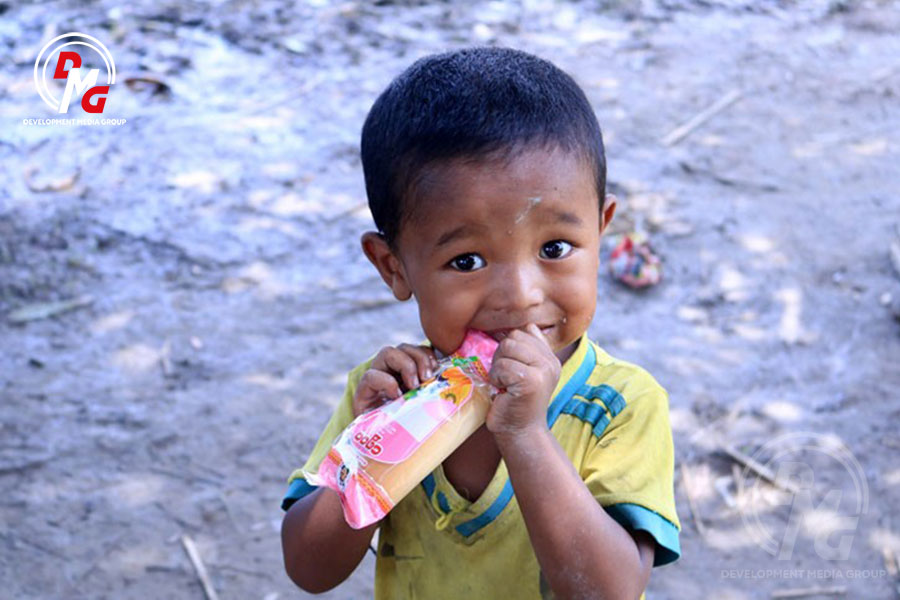
DMG Newsroom
31 July 2024, Sittwe
The number of people fleeing their homes is on the rise in Arakan State, where fighting between Myanmar’s military regime and the Arakkha Army (AA) is raging, as many face severe food shortages and a lack of jobs.
Many war-affected children are not consuming enough nutrients at a developing age and are showing signs of malnutrition, according to their parents.
“We still do not starve to death as we have rice. We can’t buy meat or fish due to lack of money. We can’t even buy snacks for our children,” said a mother in Arakan State’s Pauktaw Township.
Pauktaw Township is host to thousands of internally displaced people (IDPs) from Sittwe and Ponnagyun townships.
For a growing number of children, even rice is unobtainable most days, let alone more nutrient-dense foods such as meat, bread and beans. They tire more easily, are losing weight and have fewer and fewer options for sustenance, their parents say.
“My children are already thin and pale-faced. They are malnourished because they don’t eat what they want. I want to work but there are no jobs,” said an IDP woman from Sittwe who is currently taking refuge in Pauktaw Township.
Rising commodity prices and the food and cash shortages have resulted from junta blockades of land and water routes in Arakan State since fighting between the regime and AA flared anew in November.
Last month, the World Bank said poverty in Myanmar was more widespread than at any point in the past six years, citing the effects of the civil war between the junta and numerous anti-regime armed groups. The conflict has displaced more than 3 million people and the poverty rate reached 32.1 percent, the World Bank reported.
“The economic outlook remains very weak, implying little respite for Myanmar’s households over the near to medium term,” it said.





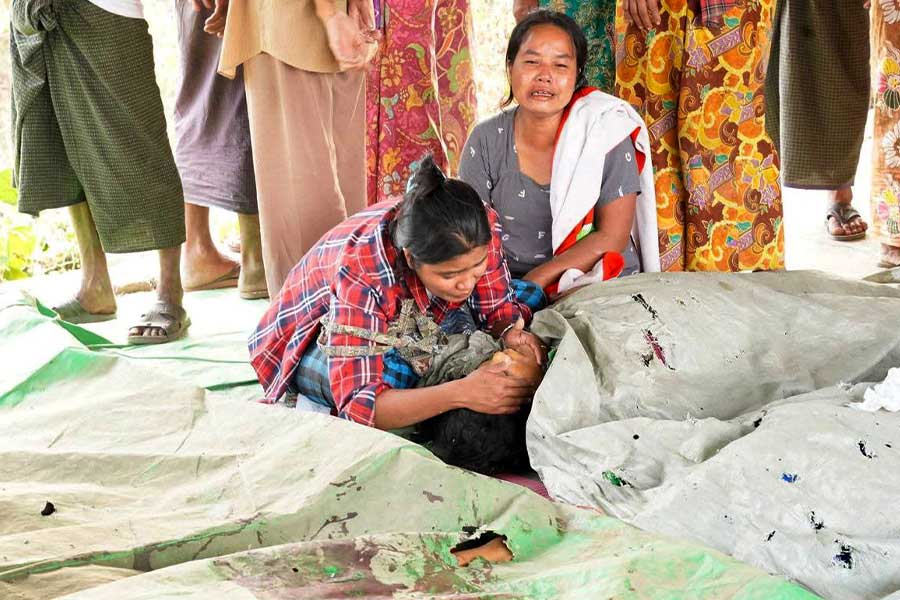
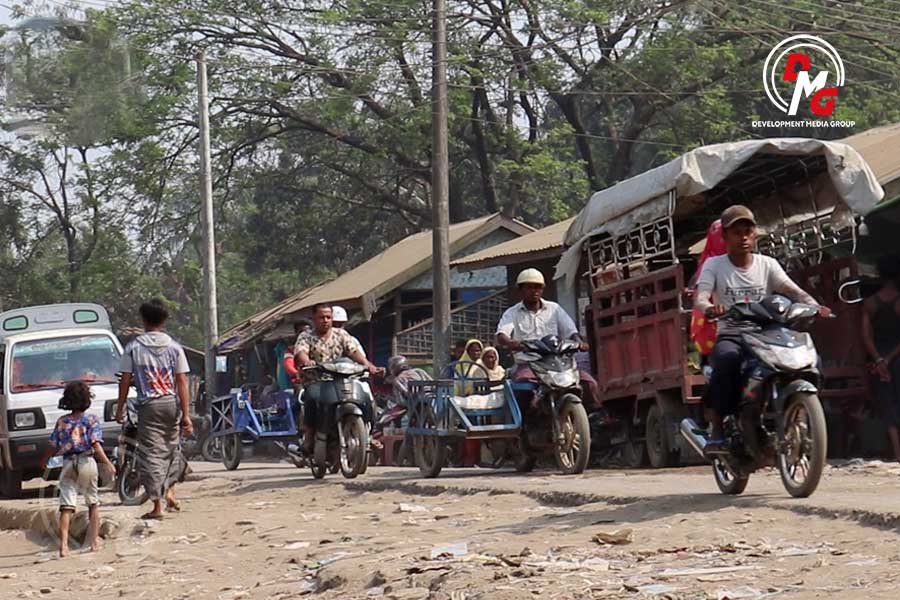
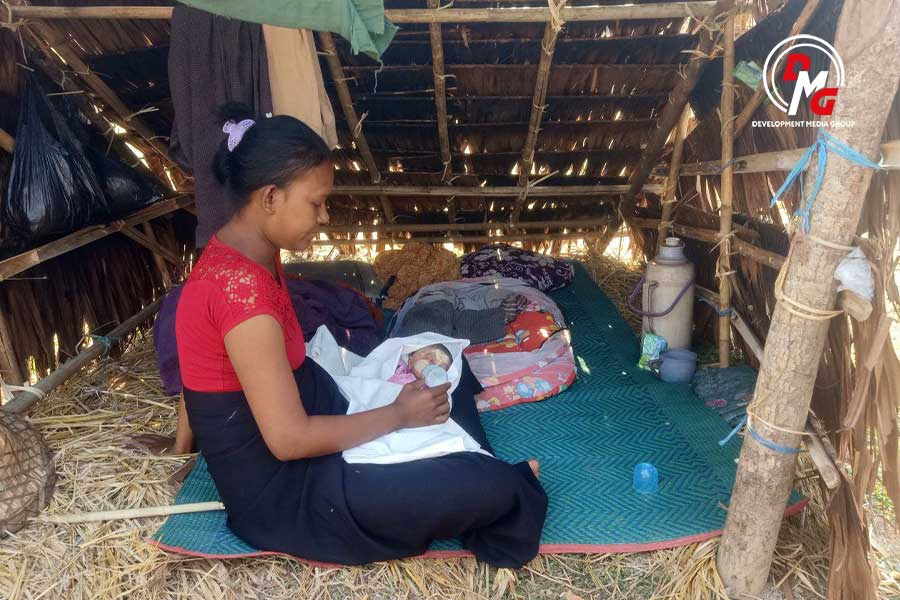
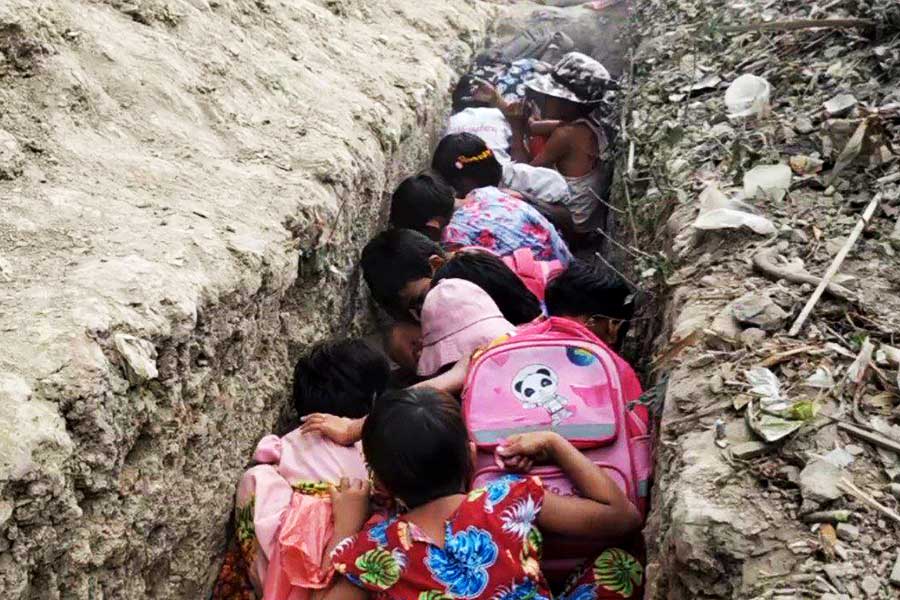








.jpg)